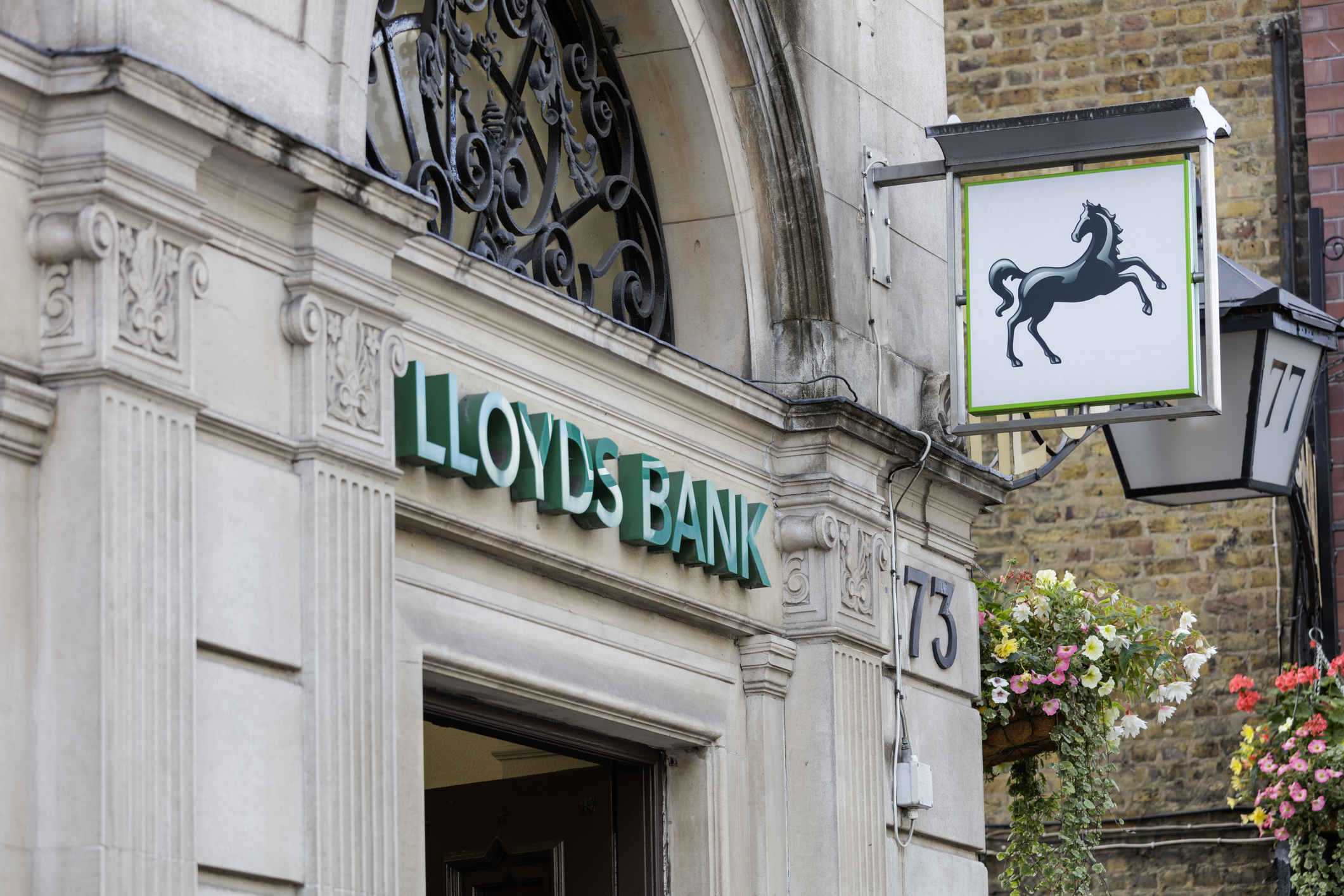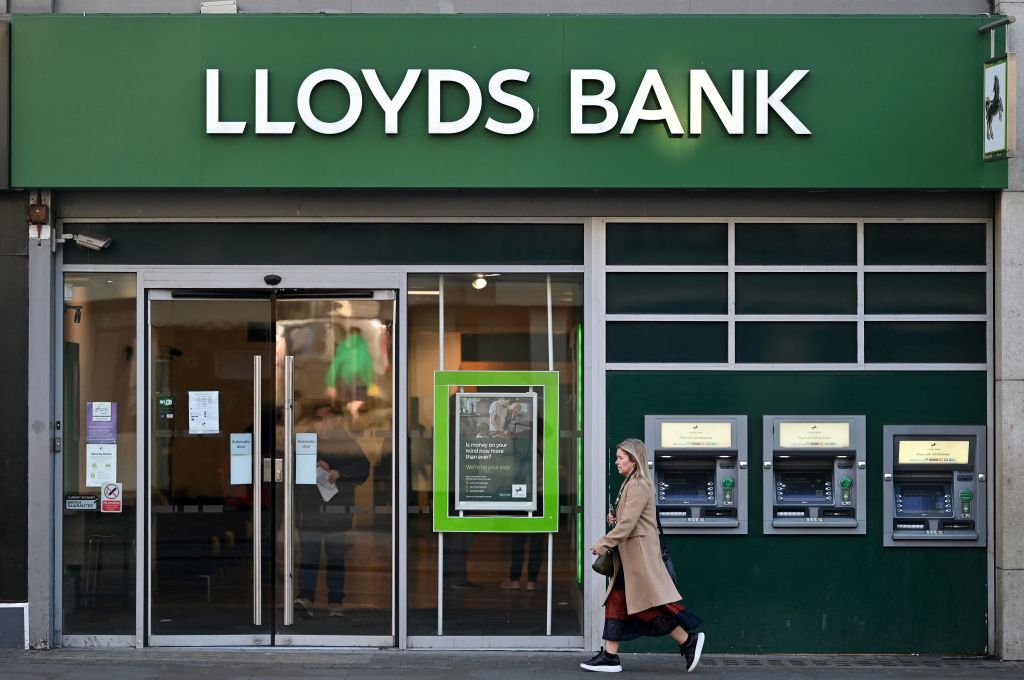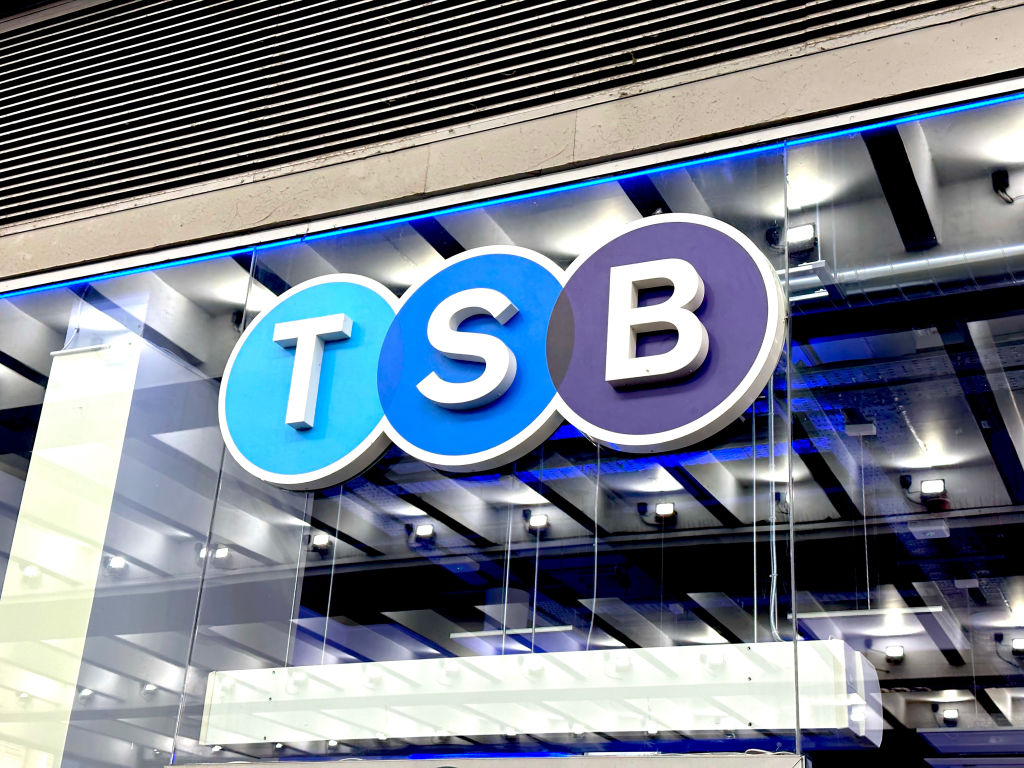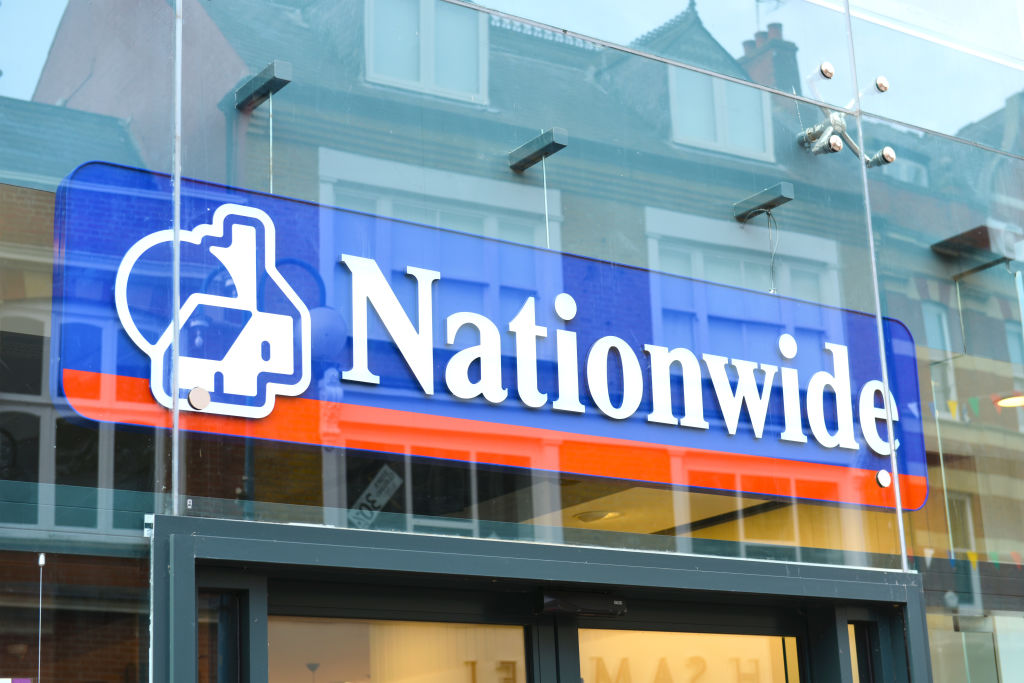Should you worry about the Co-op Bank?
Ratings agency Moody's recently downgraded the Co-op Bank. If you have an account with the bank, should you be worried, and what should you do? James McKeigue reports.

Get the latest financial news, insights and expert analysis from our award-winning MoneyWeek team, to help you understand what really matters when it comes to your finances.
You are now subscribed
Your newsletter sign-up was successful
Want to add more newsletters?

Twice daily
MoneyWeek
Get the latest financial news, insights and expert analysis from our award-winning MoneyWeek team, to help you understand what really matters when it comes to your finances.

Four times a week
Look After My Bills
Sign up to our free money-saving newsletter, filled with the latest news and expert advice to help you find the best tips and deals for managing your bills. Start saving today!
Ratings agency Moody's last week cut the Co-operative Bank's credit rating to junk' status. The move immediately knocked a third off the price of the bank's bonds, was partly to blame for the chief executive stepping down, and unsettled the bank's millions of customers across Britain.
It's more bad news for the Co-op after it had to pull out of a deal to buy 600 branches from Lloyds Banking Group. So just how serious is the downgrade?
The Co-op's woes stem from its ill-fated merger with Britannia Building Society in 2009. Britannia had more bad commercial property loans than anyone realised at the time, and these losses have drained the Co-op's capital, leading it to post a £662m loss last year. Moody's estimates that the bank needs to raise another £750m in capital to be safe. If the bank can't raise this through asset sales or from its parent group, it may need to be bailed out by the government.
MoneyWeek
Subscribe to MoneyWeek today and get your first six magazine issues absolutely FREE

Sign up to Money Morning
Don't miss the latest investment and personal finances news, market analysis, plus money-saving tips with our free twice-daily newsletter
Don't miss the latest investment and personal finances news, market analysis, plus money-saving tips with our free twice-daily newsletter
It sounds scary, but the first thing to note is that this is a specific problem with Co-op Bank, Britannia Building Society and the online bank Smile. It does not affect the Cooperative Insurance Society, which is ring-fenced. Likewise, any investments that you have taken through Co-op Bank, such as equity funds, are unaffected, as they are part of the
Co-op Insurance Society business too.
Even if you do have an account with Co-op Bank, Britannia Building Society or Smile, you may have nothing to worry about. The bank itself maintains that Moody's has got it wrong. It said it was "disappointed" with the downgrade and noted that "we have a strong funding profile and high levels of liquidity, which are significantly above the regulatory requirements".
So far customers appear to be taking the Co-op at its word, with no evidence of increased withdrawals. Moreover, most analysts seem to think the bank can raise extra capital by selling chunks of the business or getting support from its parent company.
Furthermore, savings in British banks and building societies are protected up to £85,000, while joint account holders receive that amount of protection each. So even if the bank were to go bust, savers would get their money back within
seven days via the Financial Services Compensation Scheme (FSCS).
We've always recommended you keep your exposure to any one bank below the FSCS limit so if you haven't already, make sure you organise your finances so that you don't have more than £85,000 in any one financial institution.
But do note that the Co-op, Britannia and Smile all operate under the same banking licence, so that if you have accounts with all three, you still only receive total protection of £85,000.
Get the latest financial news, insights and expert analysis from our award-winning MoneyWeek team, to help you understand what really matters when it comes to your finances.
James graduated from Keele University with a BA (Hons) in English literature and history, and has a certificate in journalism from the NCTJ.
James has worked as a freelance journalist in various Latin American countries. He also had a spell at ITV, as well as writing for Television Business International and covering the European equity markets for the Forbes.com London bureau.
James has travelled extensively in emerging markets, reporting for international energy magazines such as Oil and Gas Investor, and institutional publications such as the Commonwealth Business Environment Report.
He founded LatAm INVESTOR, the UK's only Latin American-focused investment magazine.
He is currently the Business Editor at Compass Media.
-
 Should you buy an active ETF?
Should you buy an active ETF?ETFs are often mischaracterised as passive products, but they can be a convenient way to add active management to your portfolio
-
 Power up your pension before 5 April – easy ways to save before the tax year end
Power up your pension before 5 April – easy ways to save before the tax year endWith the end of the tax year looming, pension savers currently have a window to review and maximise what’s going into their retirement funds – we look at how
-
 Thousands of Brits switch to Nationwide, Monzo and NatWest – which banks are least popular?
Thousands of Brits switch to Nationwide, Monzo and NatWest – which banks are least popular?We look at the most and least popular banks and building societies as current account bank switches reach a record high. Is it worth moving your money?
-
 Lloyds Bank returns with £175 bank switch bonus – is it worth moving banks?
Lloyds Bank returns with £175 bank switch bonus – is it worth moving banks?Lloyds Bank is offering customers £175 to move to one of its Club accounts. We look at whether it’s worth taking advantage of the bank switching bonus
-
 Best and worst UK banks revealed
Best and worst UK banks revealedWe reveal the best UK banks – and the worst – when it comes to managing your money and good customer service. How does your provider compare?
-
 Lloyds Bank unveils new pension service – is it any good?
Lloyds Bank unveils new pension service – is it any good?Lloyds is the first high-street bank to launch a ready-made pension service. How does it work, is it any good and who can save in it?
-
 The best cash ISAs – February 2026
The best cash ISAs – February 2026Savings The best cash ISAs can help you make the most of your tax-free savings. But you may want to take advantage of top rates before they disappear
-
 iPhone users can now check bank balance from Apple Wallet
iPhone users can now check bank balance from Apple WalletNew tool aims to make it easier for smartphone users to track bank balance and spending
-
 TSB pulls £150 switching deal - what are the alternatives?
TSB pulls £150 switching deal - what are the alternatives?TSB has pulled its £150 switching offer, and while there are still other deals on the market, offering up to £200, you will need to act quickly to bag the free cash
-
 Nationwide launches £200 switching bonus - plus a linked 8% regular saver account
Nationwide launches £200 switching bonus - plus a linked 8% regular saver accountEarn £377 in one year with Nationwide’s new switching bonus and linked 8% savings account
